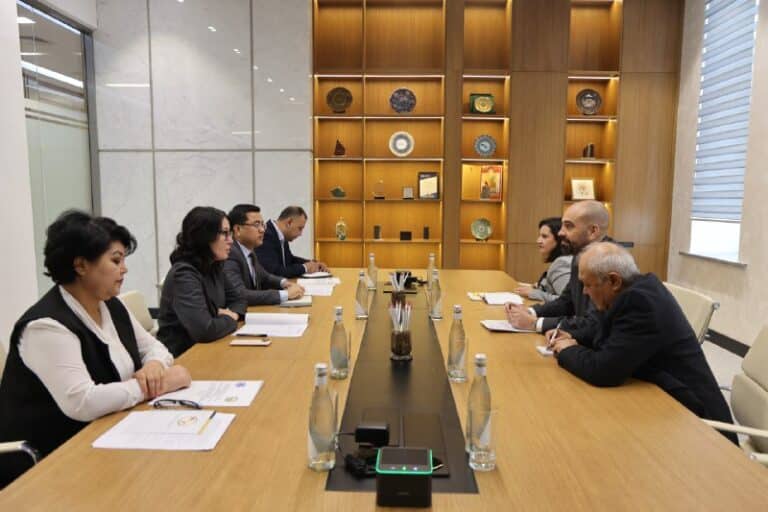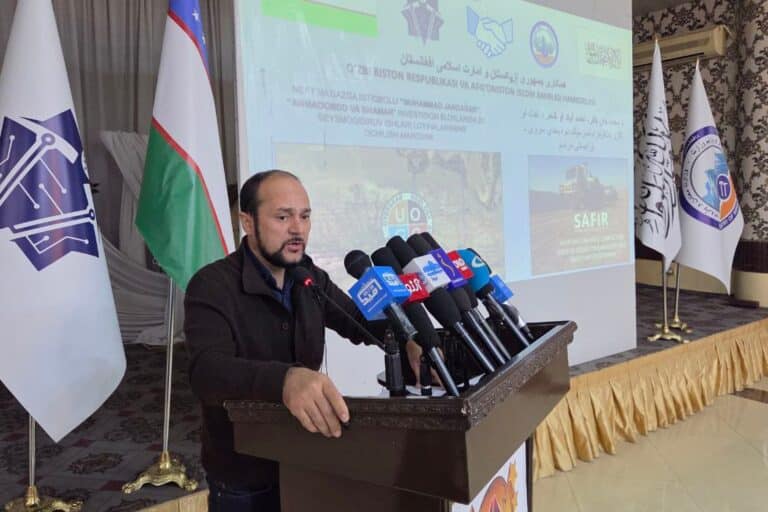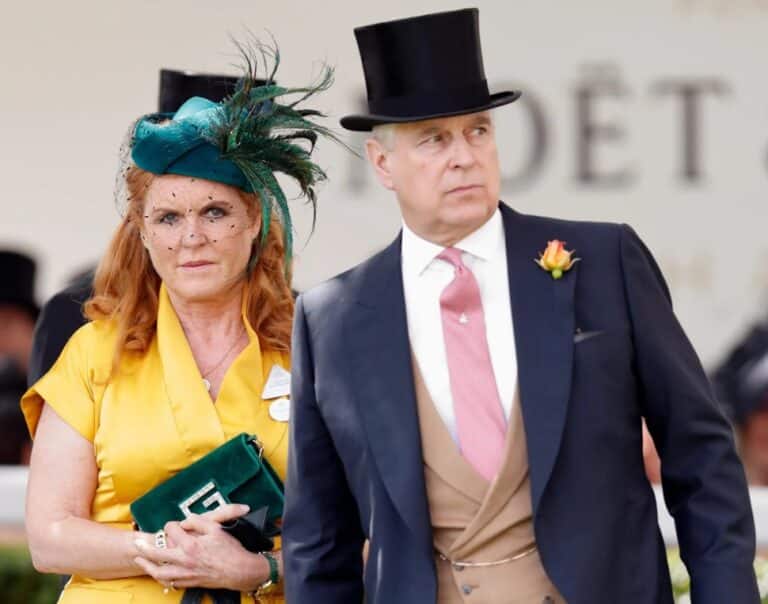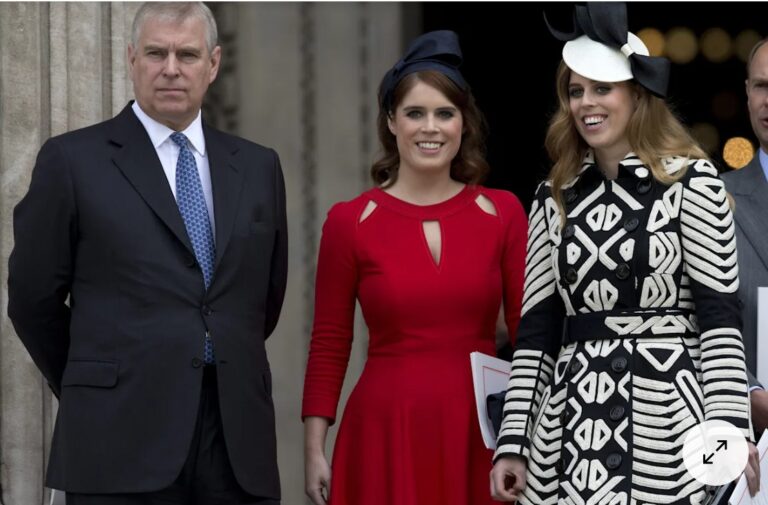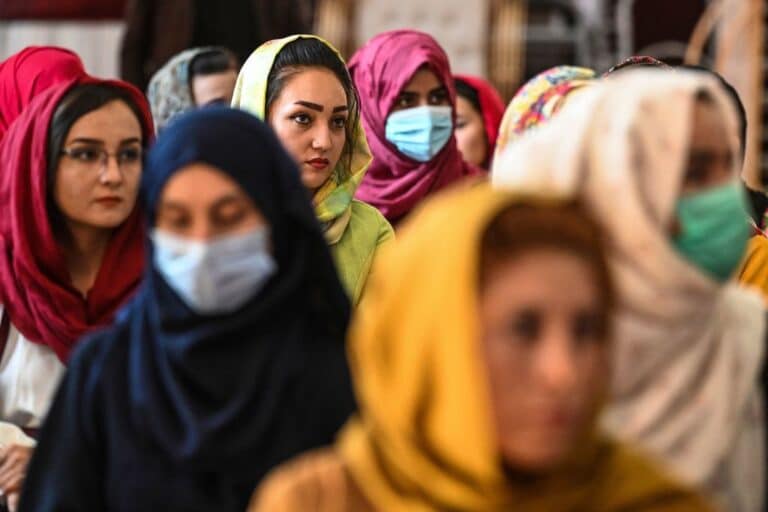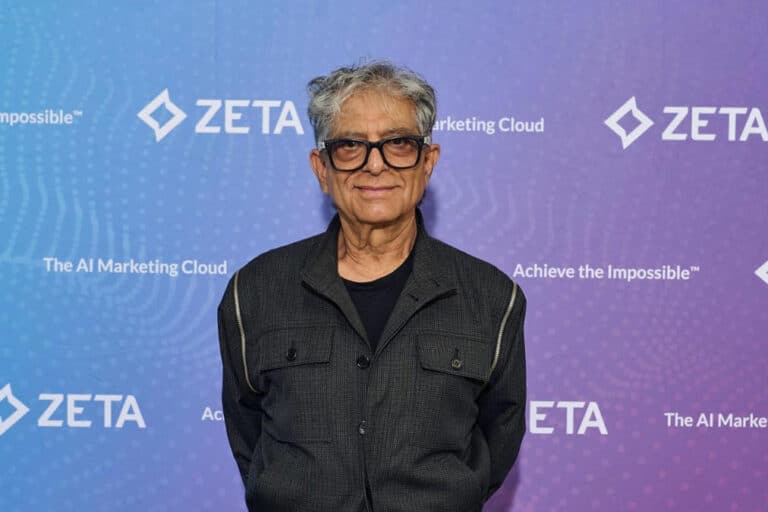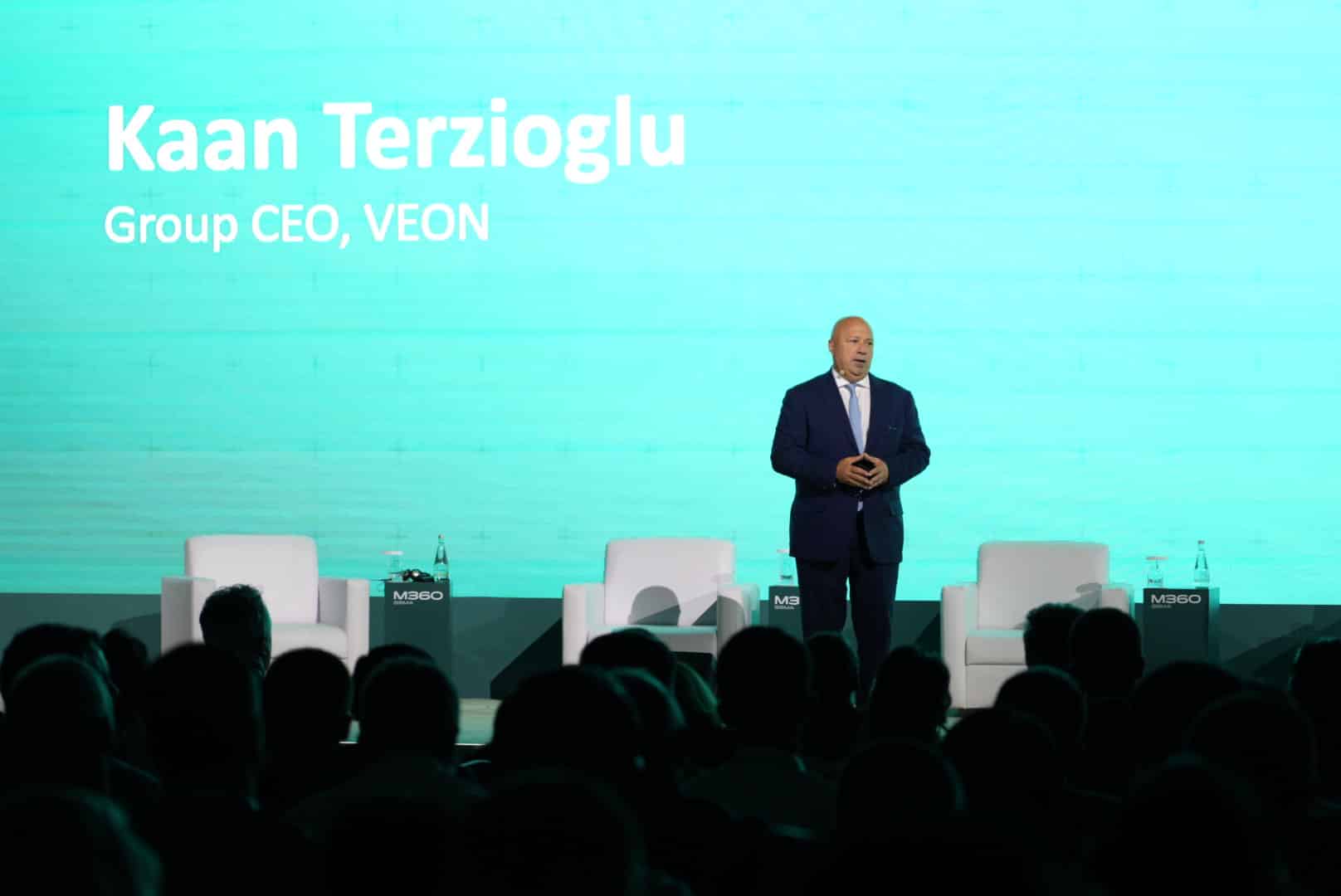
The GSMA M360 Eurasia summit, held in Uzbekistan’s Tashkent on May 21–22, gathered telecom operators, policymakers, and tech leaders from across the region. Kursiv Uzbekistan spoke with Kaan Terzioğlu, VEON Group CEO about why Uzbekistan was chosen to host the summit, how taxation impacts investment, and which technologies will define the region’s future.
Uzbekistan’s digital policy gains global recognition
— Why was Tashkent selected as the host city for M360 Eurasia this year, and what does it represent in terms of the region’s ambitions and future?
— Tashkent was selected because of the country’s clear commitment to innovation, software development, and IT exports. When I spoke with Sherzod Shermatov, Uzbekistan’s Minister of Digital Technologies, earlier this year in Barcelona, I saw first-hand the passion and drive behind Uzbekistan’s digital ambitions. The progress made over the past eight years is remarkable.
Uzbekistan has transformed into a hub for innovation and investment. That is why we believed it was the right place to host M360 Eurasia this year — not just to discuss future aspirations, but also to acknowledge what has already been achieved.
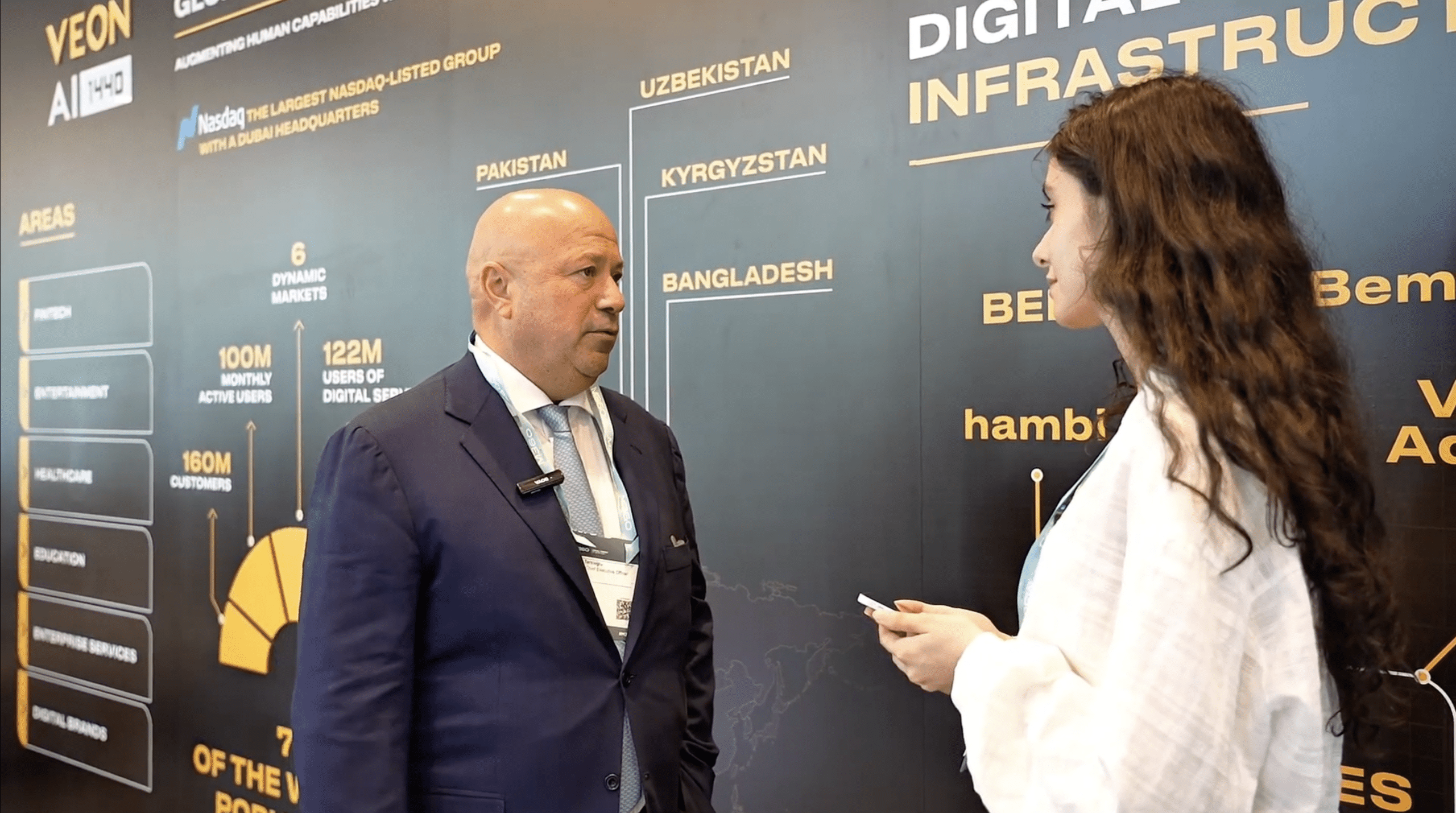
Taxation’s impact on telecom investment
— What are the key highlights of this year’s event? Which themes are central to building collaboration across governments, operators, and technology partners?
— This year’s attendance is twice as high as it was in Baku last year. That shows rising interest in digital connectivity across the region. The event brought together decision-makers and regulators from across Afghanistan, Pakistan, Bangladesh, Azerbaijan, and Russia.
One of the key messages I delivered was about the vital role of regulators. Telecommunications acts as a catalyst for economic development. Every dollar invested in telecom infrastructure has a tenfold impact on GDP.
However, the sector is often burdened by excessive and unfair taxation — not only on services or profits, but also through customs duties and customer acquisition taxes. That slows down investment.
I shared the example of our operations in Uzbekistan. VEON has invested $1.5bn in Uzbekistan. But over the same period, we paid $2bn in taxes. Had the regulatory framework been more investment-friendly, we could have invested $3.5bn.
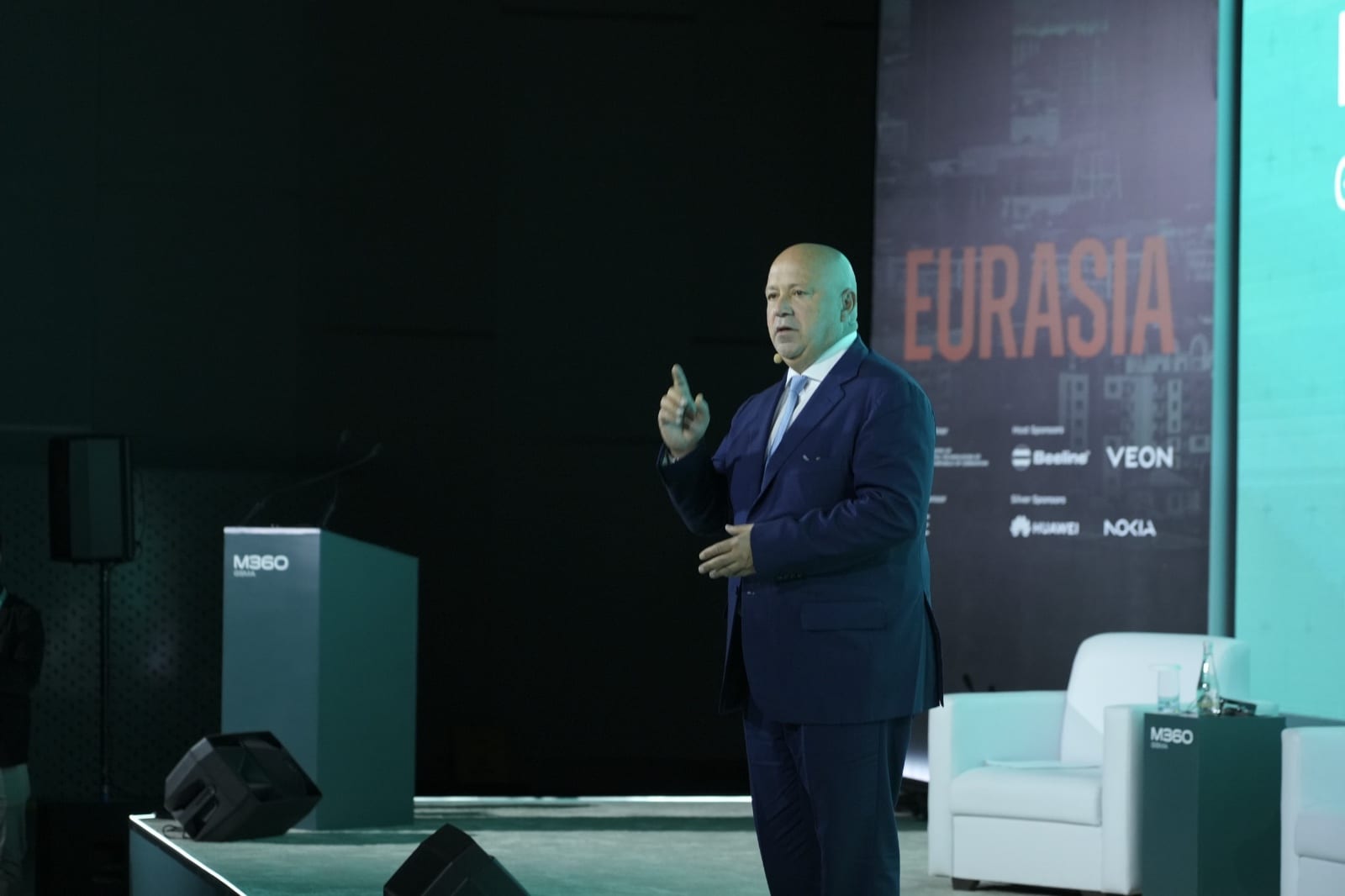
This investment would have enabled wider fibre rollout, greater coverage, and the integration of terrestrial and satellite networks. That is why aligning regulatory priorities with business and citizen needs is so essential.
AI and local language access
— Looking ahead to 2030, which technologies or trends will drive digital transformation in Eurasia?
— One of the most important trends is what I call «augmented intelligence.» I deliberately use the term «augmented» rather than «artificial,» because it’s about enhancing human capabilities.
For Uzbekistan and other countries in the region, this means investing in local-language models — in Uzbek in particular. This ensures that teachers, doctors, nurses, farmers, and small business owners can access the technology in a meaningful and affordable way.

Companies like ours want to invest in developing agentic AI tools. These include systems that students can use as AI teachers and platforms that support remote healthcare services.
Such technologies can reduce the cost of delivering essential services. In turn, this allows governments to lower tax burdens and attract a broader investor base.
— What role do technologies like 5G, AI, and IoT play in driving the region’s digital transformation?
— These technologies are essential to improving lives and making services more efficient. Whether it’s IoT, satellite connectivity, or augmented intelligence, each of them helps societies advance and people become more empowered. They are the foundation of national prosperity in a digital age.
Expanding digital inclusion
— What challenges must the region address quickly to unlock its full digital potential?
— In Uzbekistan today, one out of two people still does not own a smartphone. Without access to the right tools, people can’t fully participate in digital transformation or benefit from economic growth.
We must reduce the cost of smartphones and ensure that fibre networks reach every part of the country. Achieving this will require major investment — and that can only happen through close collaboration between governments and private companies like VEON.

Uzbekistan’s digital transformation is already well underway, but greater impact will depend on aligning policy with investment potential. As VEON’s CEO highlights, regulatory clarity, inclusive access, and scalable infrastructure will be key to ensuring that the region reaches its full technological and economic promise.
Kursiv Uzbekistan also spoke with Vivek Badrinath, GSMA’s Director General and Board Member, who emphasised that closing the region’s mobile usage gap could unlock up to $415bn in additional GDP by 2030


